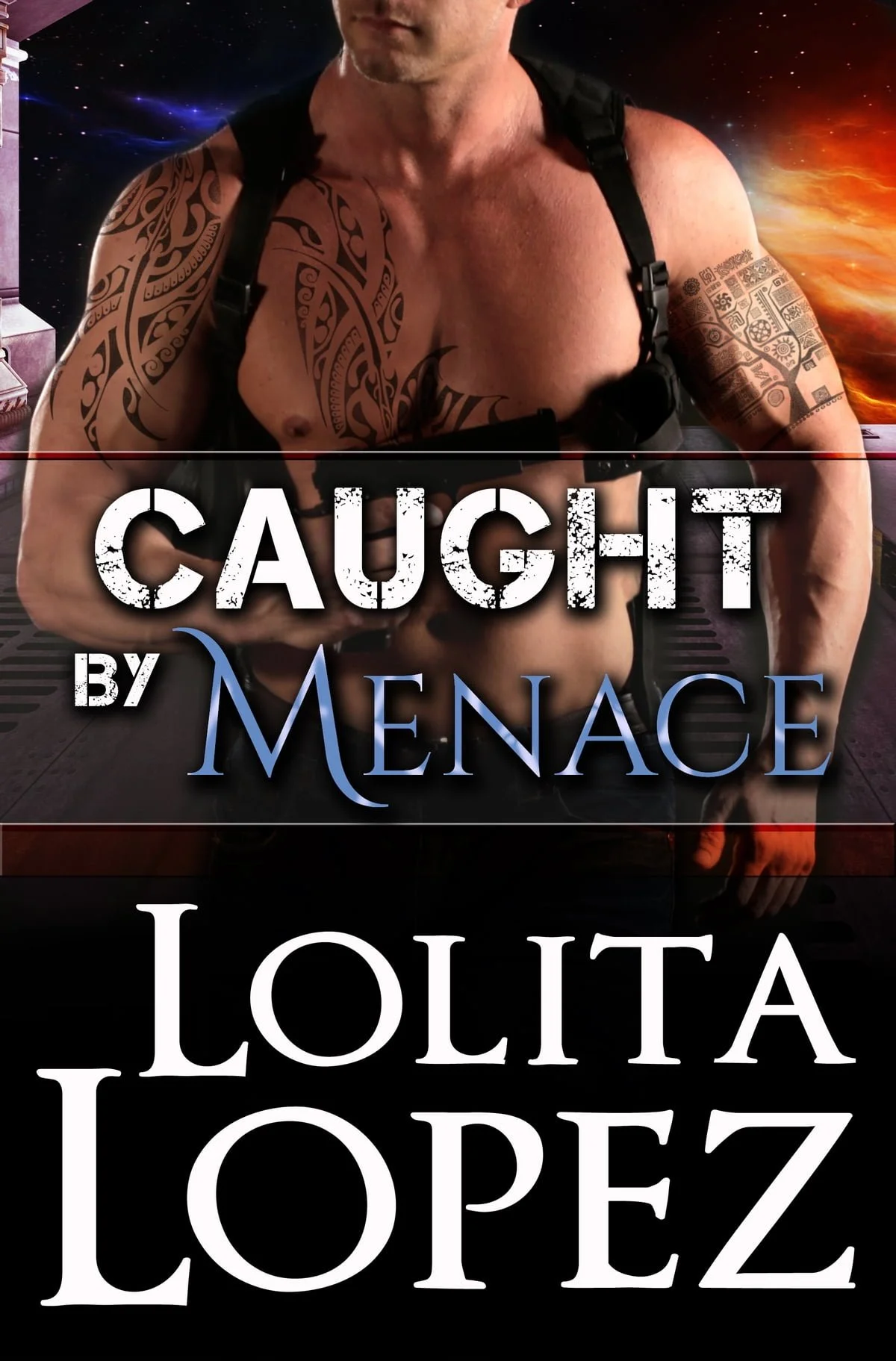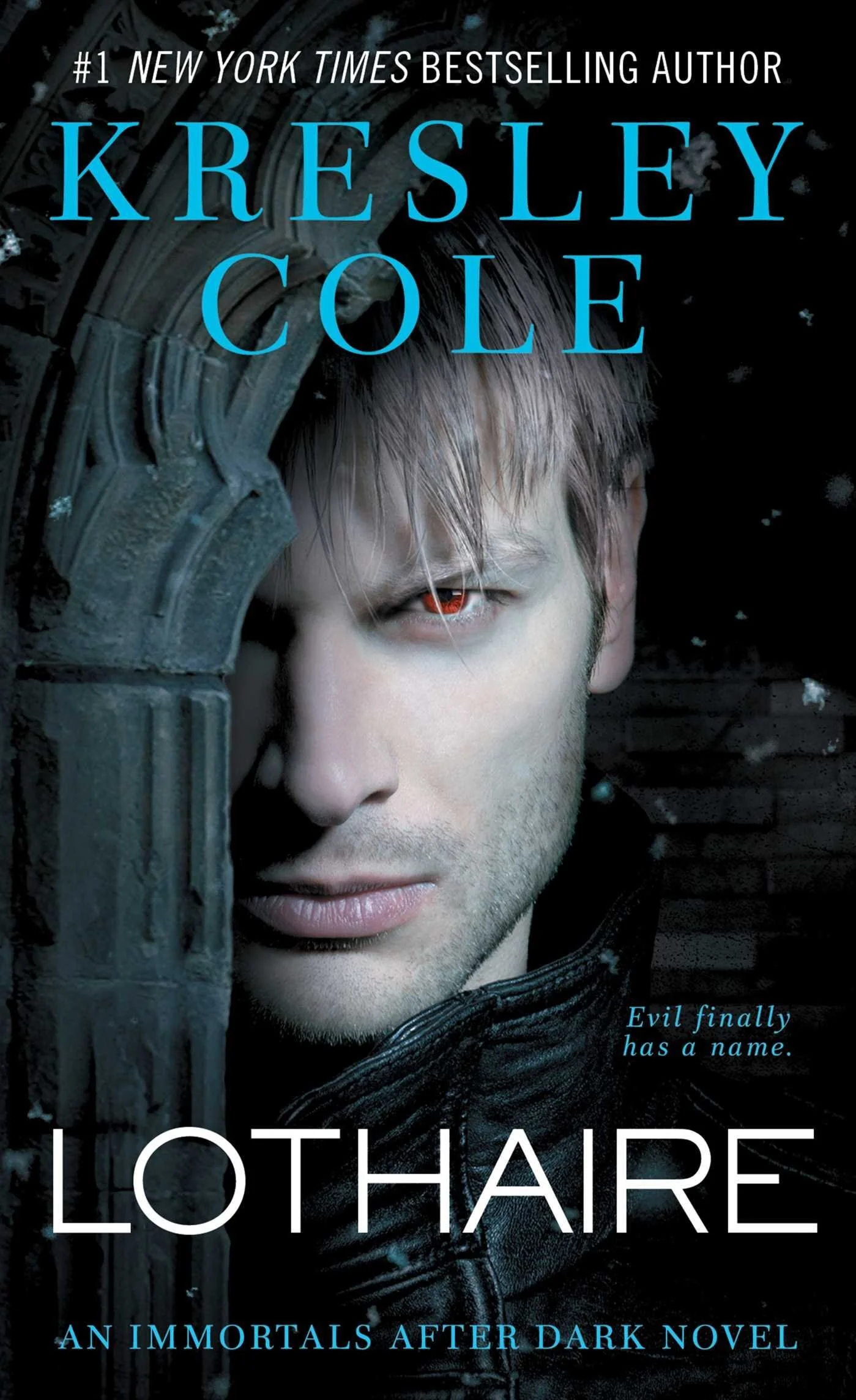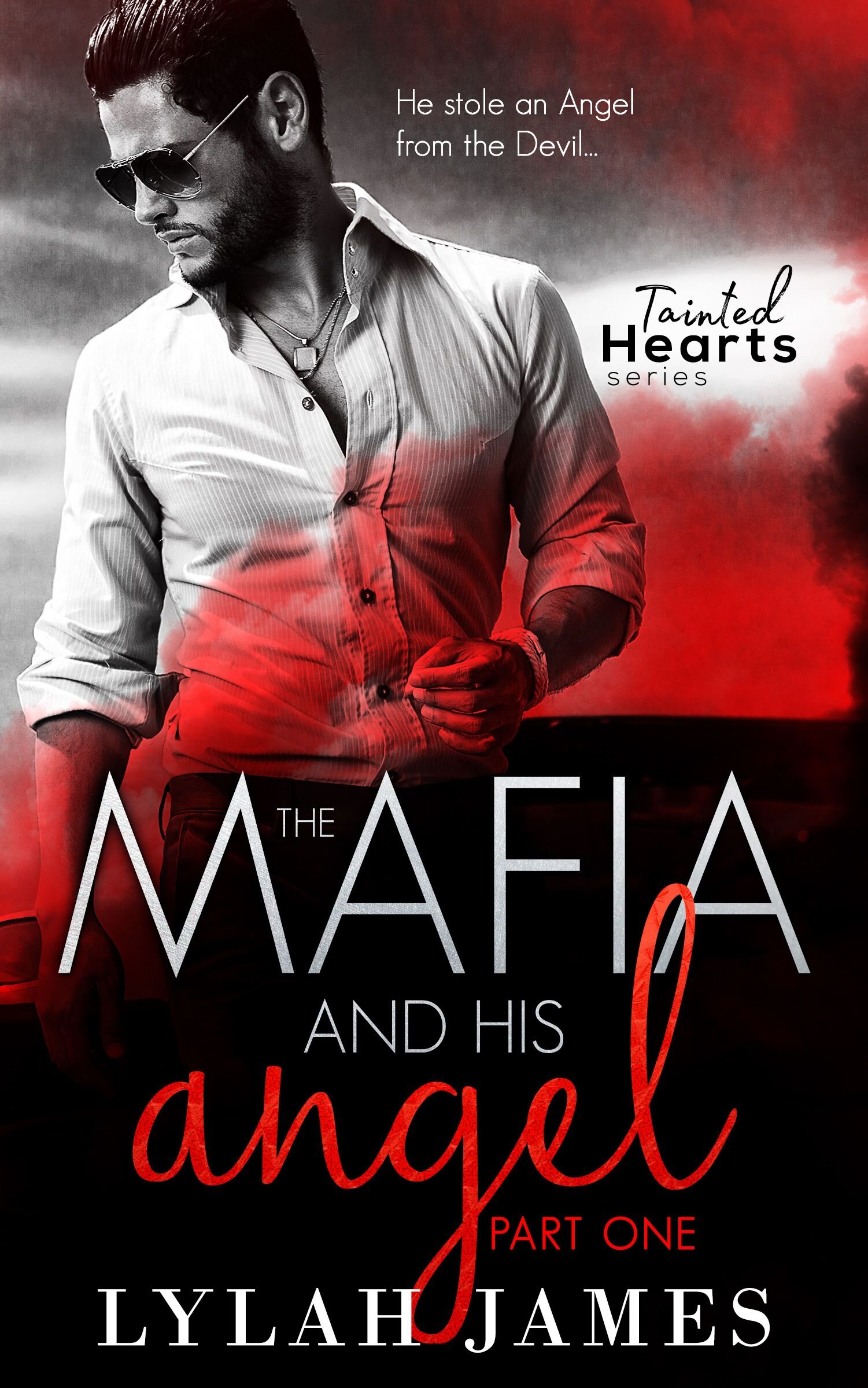S05.09: Hold by Claire Kent: There is Nothing Soft in This Book
We’ve talked about this week’s read along so much it’s kind of impossible to imagine that we haven’t read it with y’all, yet! But here we are, finally cracking open Claire Kent’s brilliant novella, Hold. Set on a prison planet, this one dials forced proximity up to 11, and does the excellent job of answering just how horrifying a world can you write a romance in? The answer is very. Very horrifying. We talk about sex and consent and strength and humanity and how love blooms in even the darkest of places. Is it possible we needed this book this week? It sure is.
Content warnings for the book and headphones in for the episode, magnificent firebirds!
Get Hold at Amazon, free in Kindle Unlimited.
Thanks to the Meet Cute Bookshop in San Diego, CA and Lumi Labs, creators of Microdose Gummies, for sponsoring the episode. Visit the Meet Cute website to browse their Space Romance list, and use the code FATEDMATES for 30% your order at Microdose.com
Show Notes
If you like astrology, check out the CoStar app.
Claire Kent also writes as Noelle Adams. Hold was released in 2015 and is the first book in a series, the next books in the series are Release, Fall, and Rise.
It doesn’t take much digging to find out about the inhumanity and injustice of the American Justice System. It is absolutely unjust and racist to the core.
Alcatraz and Ellis Island are tourist destinations worth seeing, but also…who the fuck invented Alcatraz.
Emma on TikTok and abolitionism and romance. Also here. Just follow her!
Books Mentioned This Episode
Sponsors
This week’s episode of Fated Mates is sponsored by:
Meet Cute Bookshop in San Diego, CA
visit their website at meetcutebookshop.com.
and
Lumi Labs, creators of Microdose Gummies
visit their website at microdose.com,
and use the code FATEDMATES for 30% off and free shipping!
S03.45: Dark Romance: Monsters Need Love, Too.
We promised you an episode on Dark Romance and truthfully we’re pretty proud of how well we’ve delivered. We’ve got Kenya Goree-Bell, Nisha Sharma, Joanna Shupe and Jo Brenner with us today to dig deep on this subgenre that we don’t read regularly. We are endlessly grateful for their guidance through this end of the romance pool!
We talk about what makes a romance “dark,” about how dark romance differs from morality chain and taboo romance, and about why dark romance resonates with so many readers. Oh, and yes, if you’re curious, we fill your TBR pile (obvi). Stay tuned at the end of the episode for additional reflections from Sarah & Jen.
CONTENT NOTE: Because Dark Romance can include all sorts of problematic content, we don’t shy away from many of those topics in this episode. Proceed with caution, both in listening and in reading.
AUDIO NOTE: Due to countless irregularities, expected and unexpected, the audio in this episode isn’t up to our normal standards. But it sounds fine.
Thank you, as always, for listening! Please follow us on your favorite podcasting app, and if you are up for leaving a rating or review there, we would be very grateful!
Notes
Welcome our panel of dark romance experts: Kenya Goree-Bell, Nisha Sharma, Joanna Shupe, and Jo Brenner.
The hallmarks and tenets of Dark Romance
All dubious consent and non-consent romance is dark romance (although not all dark romance has dubcon or nonconsensual elements).
It’s about what the HEA is made up of: If the non-aggressor or non-villian moves into the dark (rather than pulling the other into the light), then it would qualify as dark romance.
Often the aggressor/villain is static, while the non-aggressor finds their light or strength in the new world they exist in. This person does all the work and learns how to navigate a life around the aggressor and their world. These are not stories of love redeeming, but rather of learning to find love and happiness with the person (people) in front of you.
The characters are suffering from current or past psychological or physical trauma. The non-aggressor represents the last bits of humanity that the aggressor has to hold on to. Dark romance explores a relationship where only one person has strains of humanity and the impact it has on a person without it.
The evil and violence of the aggressor must take place on the page.
Some Terms we'll use on this episode
Consensual non-consent (non-con): is when romantic partners engage “in behaviors that may include role-playing nonconsensual behaviors, or may involve negotiating sexual behaviors where one partner agrees to give up consent during certain behaviors or relationships.” This can include fantasizing about rape and kidnapping, and lots of women have complicated feelings about these fantasies.
Dubious consent (dub-con): is the gray area between full, enthusiastic consent and rape. A person hasn't give outright consent to having sex and might not consider it rape; however, some other factor prevents them from saying no.
The Aggressor: rather than use hero/heroine, Jo started using aggressor and non-aggressor as a way of talking about chracters who exhibit very non-heroic behavior.
The skin suit: What Jen calls the experience of reading a book where she wants more distance between herself and the main characters.
The Murder Meal: Sarah noticed that a common trope of dark romance is a meal where blood is shed and people still continue to eat.
Notes and Other Links
You may have listened to our Morality Chain episode, where we made a graphic explaining how it differs from dark romance. Next month, Nikki Sloane will join us to discuss taboo romance.
It’s not Mordor unless you’re a hobbit. Sarah is not opposed to elevensies, so it's fine.
Earlier this year, there was a Saturday Night Live skit about women watching The Murder Show. Why do women like reading about serial killers? Did you see this essay in Slate about a woman who thinks she slept with a man who went on to be a serial killer?
Game of Thrones and it’s penchant for sexual violence is still influencing pop culture.
The only thing that’s forbidden in dark romance is cheating, which shows how firmly these books are rooted in the romance genre, as compared to the rampant cheating by male characters The Godfather and other mafia movies, but this is often rooted in obsession rather than a belief in monogamy.
While there's very little (possibly no) research on readers of dark romance, but there's lots of research on the horror genre. Sarah’s friend Micol Ostow, who writes YA horror recommended this essay about the "spectacle of the ruined body." Meanwhile, Jen follows Becky Spratford, a librarian and horror expert, who says that one thing romance and horror have in common is they are both “genres of emotion.”
There’s some research on horror and spoilers from Jonathan Leavitt & Nicholas Christenfeld which indicates that spoilers might allow people to enjoy a story more fully. Perhaps dark romance readers, regardless of what terrible things happen, can safely continue reading because they know there will be an HEA.
Why do we like to watch and read media where characters are undergoing trauma? In The Paradox of Horror: Fear as a Positive Emotion, Katerina Bantinaki explains how readers experience reading about fear and trauma. Related: [(Why) Do You Like Scary Movies? By G. Neil Martin.
A highly gendered kind of world exists in many m/f Dark Romances, and the article Her Body, Himself: Gender in Slasher Films by Carol Clover explores how similar themes play out in horror movies. As Nisha said, there are queer and polyamarous dark romance and a few the panel recommends are Soul Survivor by Daniel de Lorne, the Wicked Villains Series by Katee Robert, Trouble or the Darkness trilogy by Nora Ash, and Manipulate by Pam Godwin.
Stockholm Syndrome isn’t real, quelle surprise, but it still a popular idea in pop culture of all kinds. Many dark romance novels show characters using extreme or maladaptive coping strategies in an attempt to heal themselves or others without the help of therapists or medicine, a particularly American problem since so few people have adequate (if any) coverage for mental health.
Dark romance runs long, they’re all “Zack Snyder cut” books. We speculated that there are two reasons for the length of many of these books:
The books are long because the trauma on page must have an equal or greater redemption arc. Readers must believe that the non-agressor has fully accepted the bad deeds of the aggressor in order to believe the HEA.
Many of these books are on KU, which means authors are getting paid by the page. Like Charles Dickens, the incentive is to write longer to increase their pay.
Dark Romance Books
S03.31: Morality Chain Romance
We’re so thrilled to be talking morality chain romance! We’ve owed this episode to Katee Robert for nearly a year, and we have no excuses for how long this has taken, except that time in 2020 was a flat circle. Here, we get down to business—we tackle the definition of Morality Chain, and how it differs from Dark Romance, how it connects with mafia, criminals, pirates, highwaymen, and the original Alpha.
Check all your Content Warnings before you begin with these books!
Whether you're new to Fated Mates this month or have been with us for all three seasons, we adore you, and we're so grateful to have you. We hope you’re reading the best books this week.
Next week, we’re reading Alexis Daria’s You Had Me At Hola, one of our Best Books of 2020! Find it at Amazon, Barnes & Noble, Kobo, or Apple Books.
Show Notes
One very important note: we highly recommend doing a thorough search for content warnings for all the books and movies we mention this week.
We love Katee Robert, who we had on as a guest for the menage interstitial. Katee bid on this item at Kennedy Ryan’s Lift 4 Autism auction. It happens every spring, so keep an eye on this page for the 2021 auction if you’d like to pick the topic for a future interstitial.
This week, Katee released Seducing My Guardian, the 4th book in her SUPER HOT Touch of Taboo series. If you'd like to read a morality chain romance written by Katee, we recommend The Bastard's Bargain.
“In springtime, the only pretty ring time” is from Shakespeare’s As You Like It. It's also possible Sarah knows it from Willy Wonka and the Chocolate Factory. She would like you to believe that it's from the former, but we'll leave you to draw your own conclusions. Either way, “If you liked it then you shoulda put a ring on it,” is from Beyonce.
As it turns out, Chicago is a great town for beach volleyball.
It’s hard not to talk about morality chain & dark romance together, but we think they are inverse tropes. The internet definition of Morality Chain is “is a character who is the reason another character is Good.” Jen and Sarah’s current definition is that in morality chain romance, the Love Interest pulls a hero towards humanity and goodness, while in dark romance, the love interest is pulled down into the hero’s lawless world.
Some examples in pop culture are Spike from Buffy and maybe Barney in How I Met Your Motherr. Also, check out a movie called The Professional, where a child (played by Natalie Portman!) befriends the assassin next door. The Jason Statham one with a kid is called Safe.
The Hero’s Journey is very common character archetype in literature and pop culture, but Sarah and Jen are both very taken with Gail Carriger’s description of the alternative archetype, The Heroine’s Journey.
If you want more about morality chain, so many of Kresley’s books from The Immortals After Dark series will work, so please listen to season one! Our favorites are Dark Needs at Night’s Edge, Lothaire, and Sweet Ruin.
We were divided on whether the character has to be a danger to others in order to qualitfy as morality chain. In the Gamemaker series: The Professional is about an assassin who is a danger to others, while in The Player he’s only a danger to himself.
Jen Porter wrote a long thread about what she thinks of as PEA, or problematic ever after, romance.
Mickey is "kind of a Fagin-y" as a character, but without the antisemitism. In interesting historical facts, Dickens rewrote Oliver Twist later in life to remove all anti-Semitic characteristics from Fagin, after he'd been criticized for the portrayal of the character. Of course, it's not that simple. Read more about it from Deborah Epstein Nord.
Scottie is the main character of Managed, and is classified more as grumpy one/sunshine one, which we argue is just morality chain dialed down.
More about how most writers have a “core story."
Next week, we'll be reading You Had me at Hola by Alexis Daria























































